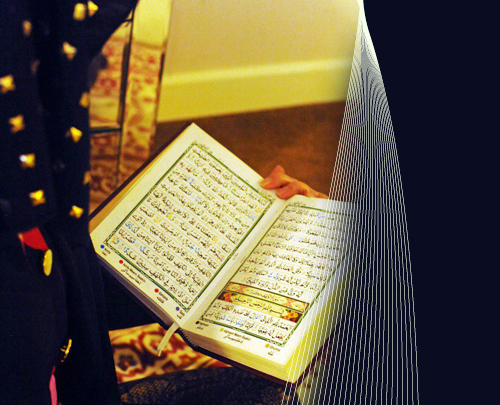If we consider human being and his/her existential structure in terms of both
physical and mental aspects and consequently have a look at the hidden
motivations and various desires in his/her character and essence which is called
‘Nature’, we can easily understand that one of the strongest, biggest and
highest desires within him/her is the ‘sexual desire’; a desire which can easily
be a source of many big and unforgivable sins and transform the human being’s
happy and enduring life into a life full of misery and pestilence if it is not
controlled in a correct way.
Regarding this fact, scholars and scientists have attempted a lot to find a
solution to deal with this natural instinct and have presented various theories.
One group of sages and scholars such as Mani, Buddha, and Tolstoy have said:
this hidden desire and natural instinct should be completely ignored so that
human being and the humanity can be protected against its harmful consequences.
On the other hand, the other group such as Freud has expressed the opposite.
Along with these two extreme viewpoints, the blessed school of Islam, which
always avoids extremes and follows moderation on its teachings, presents a
moderate solution which is still fresh after fourteen centuries.
Islam recognizes the sexual desire and even does not find it wicked and mean as
long as it moves in its right direction of which will be useful for human
perfection in an appropriate way.
Islamic school of thought generally summarizes the solutions to such an issue
and its implementation in the two following strategies:
1) Short-term and medium-term strategies such as simple and easy marriage within
the society and promoting its culture among various strata of society,
particularly the youth.
2) Long-term and basic strategies such as eliminating the grounds for unhealthy
application of this desire in the society through commitments to values and
rules such as hijab, modesty, self-restraint and avoiding free intermingling of
men and women.
These two strategies, which have their roots in the explicit commandments and
clear orders of the Almighty God in the Qur’an and divine words. Other aspects
of hijab will be explained in the next parts of this article.
* By Mahboubeh Gandom Abaadi (A Seminary Graduate and Lecturer). Translated by: Sadroddin Musawi



















